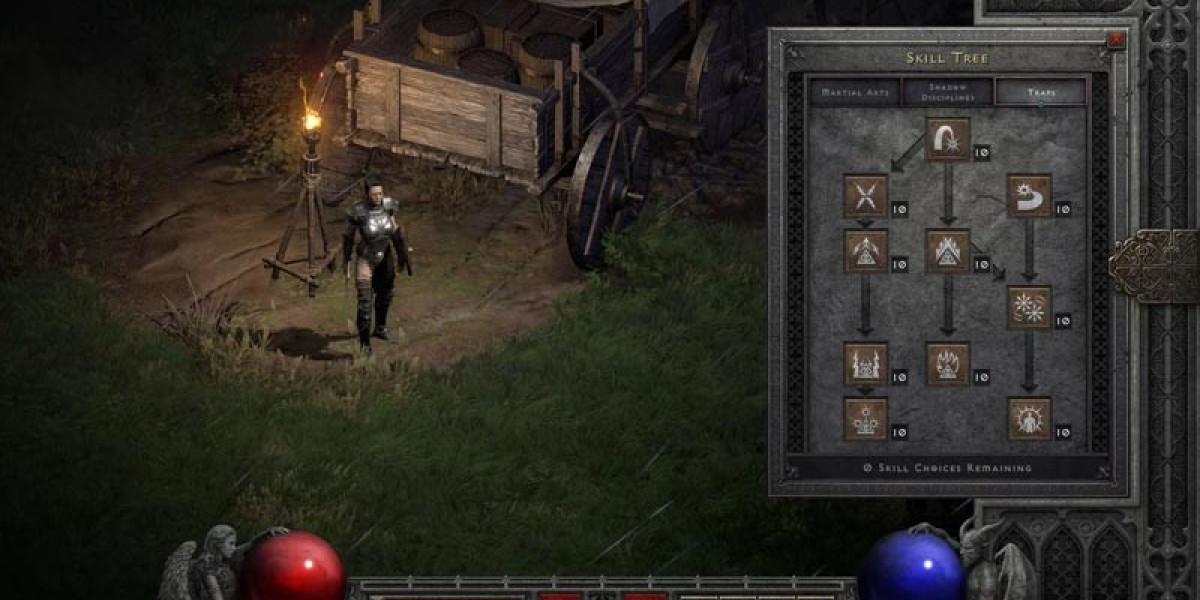Writing a dissertation is one of the most demanding academic tasks a student will face during their academic journey. Whether you're pursuing an undergraduate degree, a master's qualification, or a PhD, the dissertation is a significant milestone that showcases your ability to conduct independent research, think critically, and contribute original insights to your field.
However, the process can be overwhelming. From choosing a research topic to final submission, a dissertation involves numerous stages—each with its own challenges. That’s why many students turn to professional dissertation writing help to ensure they stay on track, meet academic standards, and produce a well-structured, high-quality piece of work.
This guide explores how english assignment help can support students at every stage of the process—from topic selection to final submission—and why it's often the key to academic success.
1. The Importance of the Dissertation
In UK universities and beyond, the dissertation is not just a long essay. It is a substantial piece of academic research that:
Tests a student’s ability to work independently
Requires deep engagement with literature
Demonstrates mastery of research methods
Provides original contributions to the academic field
A dissertation typically accounts for a large portion of a student’s final grade, especially at postgraduate level. Because of its significance, many students feel pressure to get everything right, often for the first time.
2. Choosing the Right Topic
Selecting the right topic is the first and one of the most crucial steps in the dissertation journey. A strong dissertation topic should be:
Relevant to your course or field
Specific enough to be manageable within the word count
Researchable, with enough available sources or data
Original, offering a new perspective or angle
Many students struggle at this stage—either overwhelmed by options or unsure of how to narrow down a broad idea. Dissertation writing services can provide expert guidance in:
Brainstorming and refining topics
Conducting preliminary research to assess feasibility
Ensuring alignment with academic goals and current literature
With professional help, students can select a topic that not only interests them but also has academic value.
3. Developing a Strong Proposal
Once the topic is approved, students typically need to submit a dissertation proposal. This is essentially a plan that outlines:
The research question(s)
Aims and objectives
Literature review summary
Proposed methodology
Potential implications or contributions
A weak proposal can lead to rejection or delay, which is why it's essential to get it right. Dissertation experts help students:
Clarify their research focus
Review academic literature for gaps
Justify their chosen methods
Present a convincing rationale
Whether you need help writing the proposal from scratch or polishing a draft, expert support can make a big difference in getting supervisor approval.
4. Conducting the Literature Review
The literature review is more than a summary of books and articles; it’s a critical evaluation of existing research related to your topic. This chapter sets the foundation for your study by:
Identifying what is already known
Highlighting gaps in the literature
Establishing your theoretical framework
For many students, the literature review is the most time-consuming and conceptually difficult part of the dissertation. Dissertation writing services assist with:
Finding credible academic sources
Organising the literature thematically
Critically analysing and synthesising research
Avoiding common pitfalls like descriptive writing
Professionally written literature reviews not only show depth of understanding but also strengthen the entire dissertation.
5. Methodology and Research Design
The methodology chapter explains how you conducted your research. It should be detailed enough for someone to replicate your study. A solid methodology includes:
Research approach (qualitative, quantitative, or mixed)
Data collection methods (interviews, surveys, case studies, etc.)
Sampling techniques
Ethical considerations
Data analysis procedures
This is where many students make technical errors or choose inappropriate methods. Dissertation writing help can ensure:
Your chosen methods align with your research questions
Ethical guidelines are followed
Data analysis is correctly structured and presented
Experts can also assist with designing research tools like questionnaires and interview guides.
6. Data Collection and Analysis
If your dissertation involves primary research, the data collection and analysis stages are particularly challenging. Common issues include:
Low response rates to surveys
Poorly conducted interviews
Errors in transcription or coding
Incorrect use of statistical tools
Academic writing services can help by:
Providing data analysis support (e.g., SPSS, NVivo, thematic analysis)
Assisting with visual presentation (charts, graphs, tables)
Interpreting data and linking it back to your research question
This ensures that your findings are accurate, well-presented, and meaningful in the context of your study.
7. Writing the Discussion and Conclusion
The discussion chapter ties everything together. It’s where you interpret your findings, explain their significance, and relate them to the literature. A strong discussion:
Answers the research questions
Highlights the implications of the findings
Acknowledges limitations
Suggests areas for future research
The conclusion should summarise your key findings and reflect on the research journey. Dissertation writing experts assist in:
Crafting insightful interpretations
Avoiding over-generalisation
Ensuring clarity and cohesion
Maintaining academic tone and style
Together, the discussion and conclusion demonstrate the value of your work.
8. Editing, Proofreading, and Formatting
Even the best content can lose marks if poorly edited or formatted. Final checks are essential to ensure:
Consistency in language, structure, and style
Correct referencing (APA, Harvard, MLA, etc.)
No grammatical or typographical errors
Compliance with university guidelines
Professional dissertation editors offer:
Thorough proofreading
Formatting of tables, headings, and references
Ensuring coherence between chapters
Turnitin plagiarism checks and corrections
This final polish can make the difference between a 2:1 and a First.
9. Dissertation Submission and Beyond
Once your dissertation is complete, it needs to be submitted—often in both print and digital formats. Dissertation services can support students in:
Meeting submission guidelines
Creating a contents page, abstract, and acknowledgements
Preparing a presentation or viva if required
For postgraduate or PhD students, services may also include publication support—helping to convert dissertations into journal articles or conference papers.
Why Use Dissertation Writing Help?
Dissertation writing help is not about cheating—it's about guidance, structure, and support. Students use these services for a range of legitimate reasons:
Time Constraints – Balancing study with work, family, or health issues
Language Barriers – Especially for international students unfamiliar with UK academic conventions
Academic Confidence – Gaining reassurance and expert input from professionals
Complex Requirements – Navigating unfamiliar research methods or advanced topics
Professional dissertation writers act as mentors, coaches, and collaborators, helping students produce high-quality work with confidence and academic integrity.
Conclusion: Success Starts with the Right Support
Writing a dissertation is no small feat. It’s a long, detailed, and often stressful process that tests not only your academic skills but also your resilience. From choosing the right topic to formatting your final pages, every stage requires focus, precision, and knowledge.
Dissertation writing help from experienced UK academic writers offers students a lifeline—providing personalised support that leads to stronger dissertations and better grades. Whether you're stuck at the proposal stage or need assistance with editing and submission, professional help can ensure that your dissertation journey ends in success, not stress.
After all, a great dissertation isn't just about meeting the word count—it's about making a meaningful contribution to your field, and that starts with the right support at every step.








